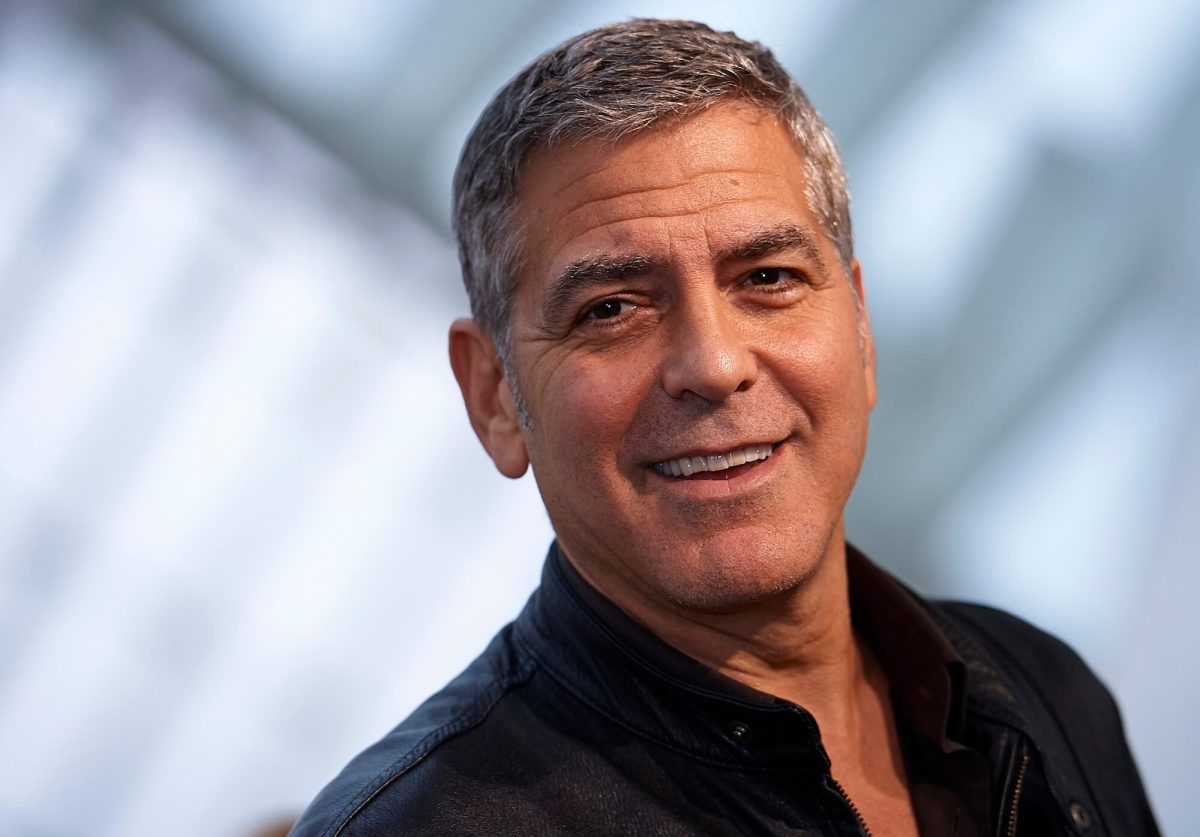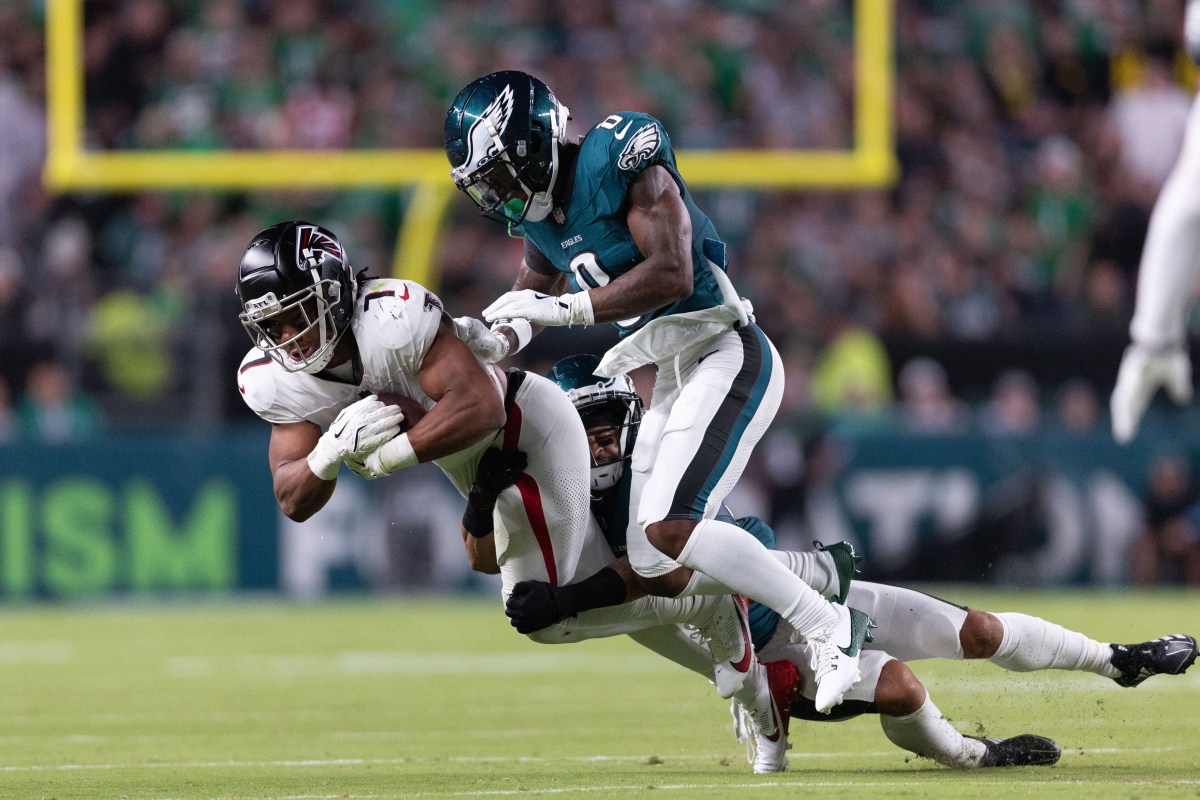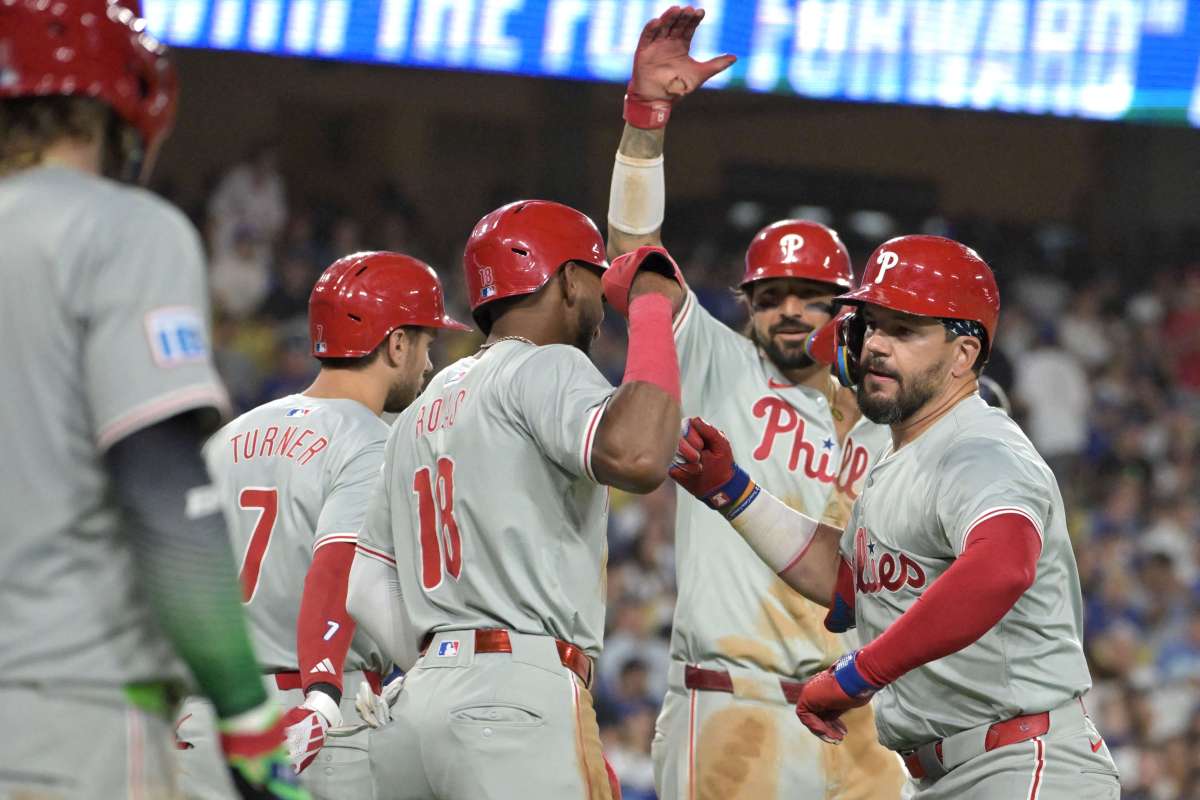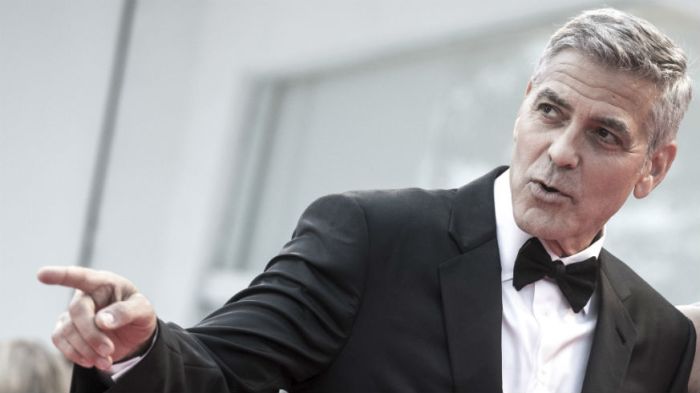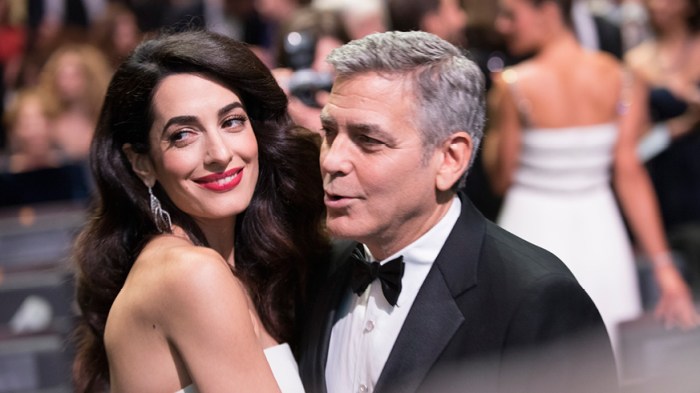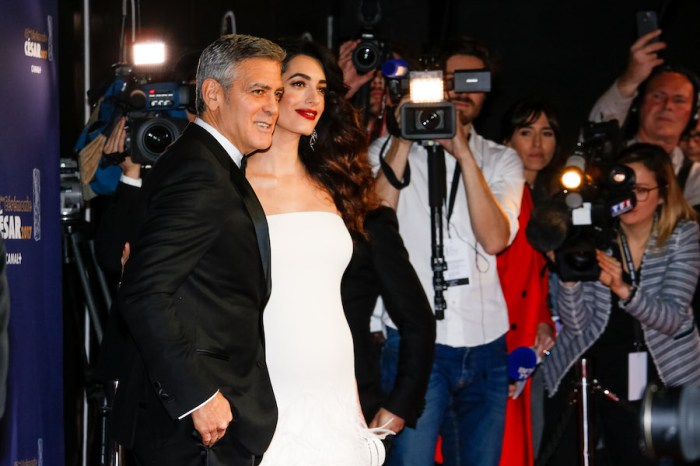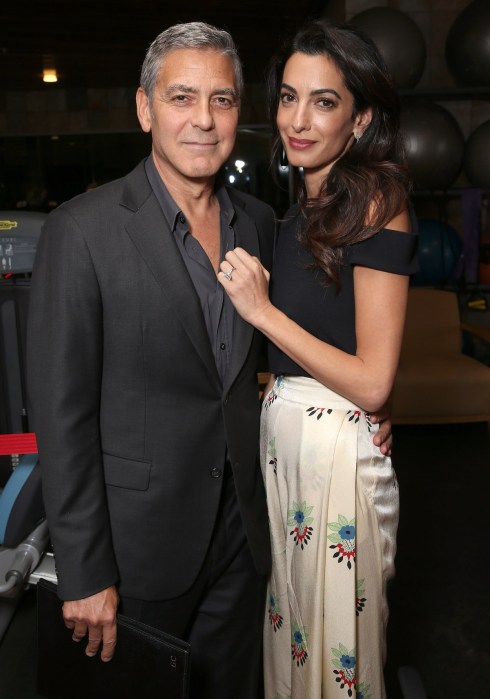George Clooney may be one of the few bona fide movie stars we have left, but he still thinks he’s a bit out of place in the summer blockbuster arena. “Putting me in a summer movie is a very bold thought,” he says with his trademark smirk. “First and foremost, I think it’s a really bold thing for Disney to be willing to do a film that isn’t a sequel and isn’t a comic book and truly invest in a summer film of this sort of ilk.” Which sort of ilk, exactly? “Tomorrowland,” directed by Brad Bird and written by Bird and “Lost” creator Damon Lindelof, features Clooney as “a former genius, boy genius who’s gotten bitter in his old age” — to hear Clooney himself describe it — who teams up with a precocious teen (Britt Robertson) to get back to the secret world of Tomorrowland, where the smartest minds disappeared to back in the 1960s to build a better future. “Just so we’re clear, when Damon and Brad showed up at my house, they said, ‘We’ve got a part we’ve written for you,'” Clooney remembers. “And then I opened up the description of the character — ‘A 55-year-old has been.’ I’m kind of going, ‘Wait, hey, hey, hey, hang on a minute. Which part am I reading for?'” RELATED:‘Tomorrowland’ is a beautifully made mess and only mildly Randian Luckily, 54-year-old Clooney got over any lingering sense of vanity. “I just loved the idea,” he says. “We live in a world right now where you turn on your television set and it’s rough out there and it’s not fun, and it can really wear on you after a period of time. We see generations now feeling as if it’s sort of hopeless in a way. What I love about it is it speaks to the idea that your future is not preordained and predestined, and that if you’re involved, a single voice can make a difference — and I believe in that.” That 1960s optimism is something Clooney would like to see more of here in the 21st century. “I grew up during the Cold War period, and I always found that although we always thought that the world would end in a nuclear holocaust at some point, everybody was pretty hopeful,” he says. “There was an awful lot of things going on that you felt you could change. I grew up in an era where the voice, the power of the one really did feel as if it mattered. What I loved about the film was that it reminds you that young people don’t start out their lives cynical or angry or bigoted. You have to be taught all of those things. I watch the world now and think well, I see really good signs from young people out there and I feel as if the world will get better. I’ve always been an optimist. I’ve been a realist, but I’ve been an optimist about it.” Follow Ned Ehrbar on Twitter: @nedrick
George Clooney, eternal optimist
